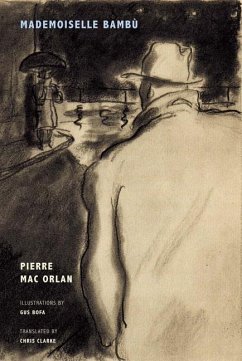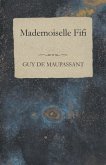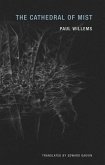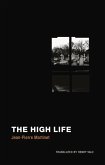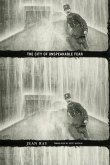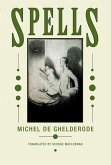Set in Hamburg, London, Palermo, Brest, and other ports of call in the anxious Europe of the 1920s and 1930s, Mademoisell Bambáu tells the tales of three secret agents: the melancholic adventurer and accidental spy, Captain Hartmann; his enigmatic mistress from Naples (and a double agent for the Germans), "Signorina Bambáu"; and the sinister Páere Barbanðcon, who retires from his life of espionage and murder to eke out his troubled days in an aptly named Boarding House of Usher, where shadows are as likely to strangle a man as they are to haunt him. Like all of Mac Orlan's novels, Mademoiselle Bambáu is less a novel that a barometer of societal unease, crippling melancholy, and dark humor. It is also one of the clearer examples of what the author named the social fantastic: a less romantic notion of the fantastic as it is commonly understood, translated through the lens of modernity. Instead of the eruption of the supernatural into the everyday, Mac Orlan located a new form of the fantastic in the eruption of modernity in social life, with diabolical emanations not in supernatural beings or creatures, but in such real-life human beings as Jack the Ripper, Henri Dâesirâe Landru, and Mta Hari--some of the personages whose influence makes itself known in the novel at hand. -- Provided by publisher.
Hinweis: Dieser Artikel kann nur an eine deutsche Lieferadresse ausgeliefert werden.
Hinweis: Dieser Artikel kann nur an eine deutsche Lieferadresse ausgeliefert werden.

